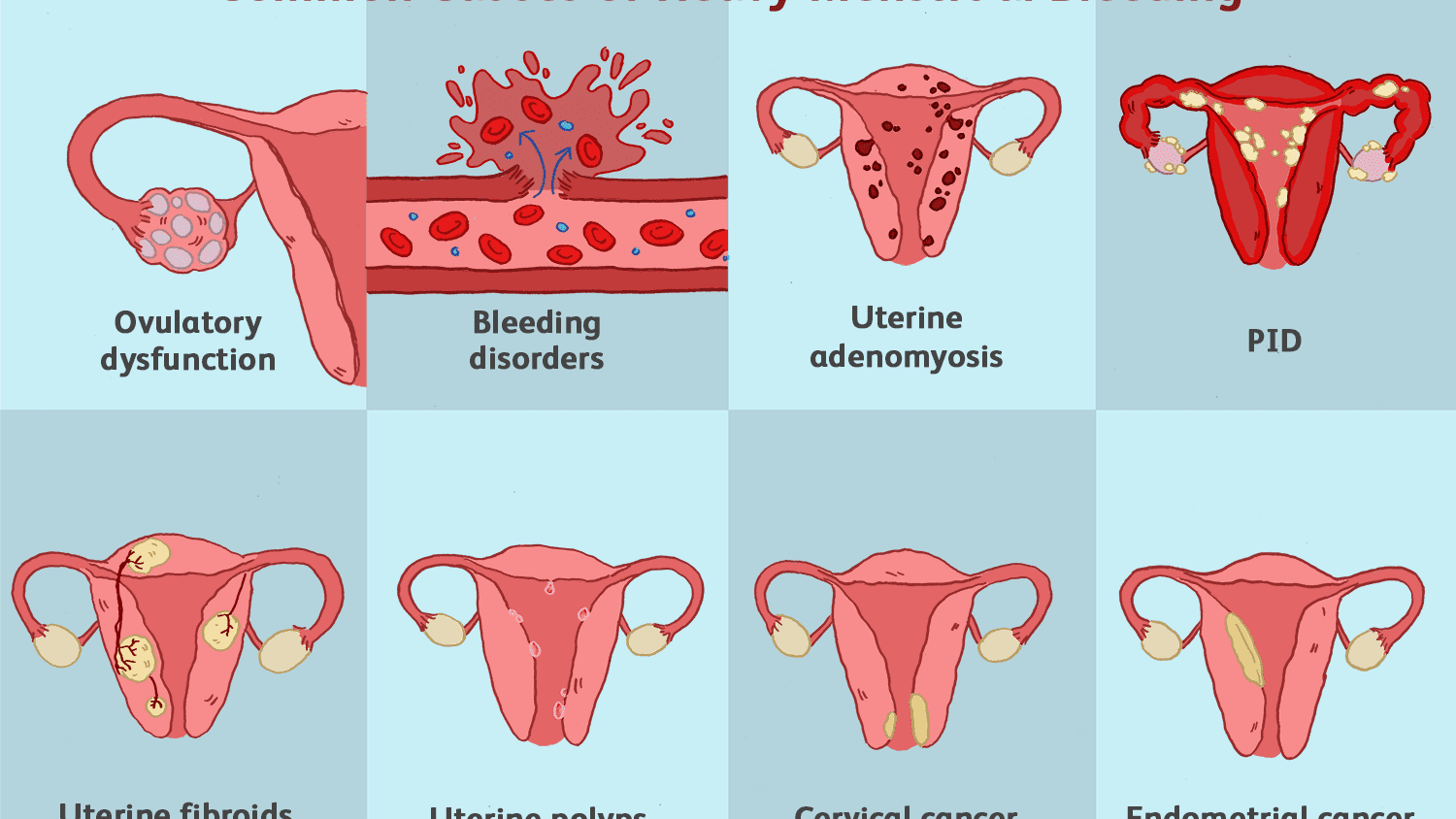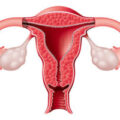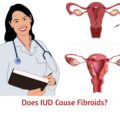Infections and abnormalities of the uterus can contribute to the inability to get pregnant. Uterine fibroids can distort the endometrial cavity making it difficult for implantation and can be treatable. Another cause within the uterus is scarring or adhesions from previous surgery or infection of the endometrium. Asherman syndrome is a term used to describe scar tissue inside the uterus. The scarring can be mild with thin stretchy bands of scar tissue, or more severe dense, thick bands.
Pelvic inflammatory disease (PID), an infection of one or more of the upper reproductive organs, including the uterus, fallopian tubes and ovaries. Untreated PID can cause scar tissue and pockets of infected fluid (abscesses) to develop in the reproductive tract, which can cause permanent damage. About 12% of women suffer enough tubal damage from one episode of PID to become infertile. After three episodes of PID, the infertility rate reaches 50%. PID also increases the risk of an ectopic pregnancy, in which the fertilized egg gets trapped in the tube and begins to grow there.
.
How can I make my uterus healthy?
According to The Fertility institute, there are a number of things that can cause your uterus not to function properly, including:
- Irregular or heavy menstrual bleeding
- Uterine fibroids
- Adenomyosis
To increase your chances of fertility, use these guidelines to keep a healthy uterus, and prevent complications:
Avoid Alcohol: One study on women and alcohol found that women who drank one or more beers a day increased their risk of uterine fibroids by more than 50 percent. Avoid or limit alcohol to help reduce your risk. Alcohol also lowers inhibitions, which means that both men and women are more likely to engage in casual sexual behaviors that they would not otherwise do if they were sober. Heavy drinkers are also more likely to have multiple partners, increasing the risk for HIV transmission and STDs.
According to the CDC, STDs such as chlamydia and gonorrhea are important preventable causes of pelvic inflammatory disease (PID) and infertility. Untreated, about 10-15% of women with chlamydia will develop PID. Chlamydia can also cause fallopian tube infection without any symptoms. PID and “silent” infection in the upper genital tract may cause permanent damage to the fallopian tubes, uterus, and surrounding tissues, which can lead to infertility.
Avoid Sugar and Eat a more balanced diet: According to a study published in Obstetrics and Gynecology, eating red meat could double your risk of developing uterine fibroids, whereas eating plenty of vegetables cuts your risk by 50%.
The indole 3 carbinol compound found in cruciferous vegetables, such as broccoli, cauliflower, cabbage, and brussel sprouts, not only improves your estrogen metabolism, it may also help your body eliminate excess estrogen.
Sugary foods and simple carbohydrates may trigger or worsen fibroids. These foods spike blood sugar levels. This causes your body to make too much insulin. Excess insulin can cause weight gain and affect fibroid growth.
Reduce your caffeine intake from foods and medications: In large amounts, caffeine can aggravate uterine fibroids because it can increase estrogen production. According to a study published in Fertility and Sterility, women who consume 500 milligrams of caffeine daily (the equivalent of four to five cups of coffee) produce 70% more estrogen in the follicular phase of their menstrual cycle than women who consumed less than one cup of coffee per day.
Exercise more: If you have a job where you are seated for long periods of time, this could compromise the blood flow to your uterus. Take frequent standing or walking breaks to get moving. When possible, incorporate mindfulness activities into these breaks. As we’ll discuss, reducing stress is another important way to promote a healthy uterus, and these two complement each other well.
A study in the American Journal of Epidemiology found that physical activity can reduce the development of uterine fibroids, especially among those who exercised vigorously for four hours each week.
That being said, too much exercise could actually hamper fertility. In these cases, walking and fertility yoga are two of the best ways to promote circulation and improve strength and flexibility of the muscles surrounding the uterus.
Talk to your doctor about your unique health factors to determine an appropriate exercise regimen while trying to conceive. If you’re undergoing fertility treatments, you can read our guide to IVF and exercise here.
Stop smoking: Multiple studies point to smoking as a large culprit in fertility issues. One study found that it can affect uterine receptiveness. Those who smoke take longer to conceive. Smoking also ages up your ovaries and can decrease overall health. Quitting can be difficult. Talk to your doctor so you have the tools you need to quit successfully.
Reduce stress: Chronic unchecked stress can also lead to an array of bodily changes. From increased weight gain to inflammation in the body to irregular menstruation, chronic stress is a known culprit in reducing uterine health. Incorporate mindfulness when you can, whether in the form of fertility yoga or meditation. Also, focus on more consistent and higher quality sleep. You can find more actionable tips for relaxing here.
Talk to your doctor about supplements: In a National Institutes of Health study, there was evidence that appropriate amounts of Vitamin D could shrink uterine fibroids. Folic acid is another critical supplement to take while pregnant, but it could also help with fertility. Likewise, deficiency in certain nutrients could reduce your overall uterine health. After eating a more balanced diet, talk to your doctor about supplements that could help you. In addition to vitamin D and folic acid, these may include omega-3 fatty acids, vitamin B12, vitamin E, vitamin C, iron, and zinc. Read: Effects Of Postinor 2 On The Womb






